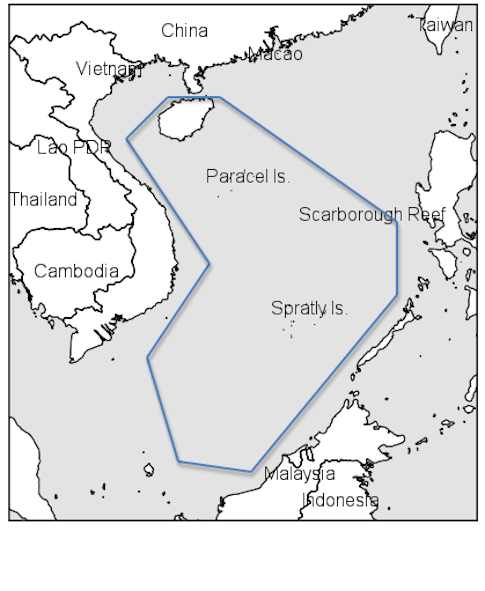Josie Appleton on the amazingly restrictive bill wending its way through the UK parliamentary process:
The bill includes Injunctions to Prevent Nuisance and Annoyance (IPNAs), which can be issued against anybody whose conduct — or threatened conduct — is capable — on the balance of probabilities — of causing nuisance or annoyance to any person.
Few things in the public space are incapable of at least annoying someone. Some people can be annoyed by busking, ball games, skateboarding, street preaching, protests, and all the rest of it. As the former director of public prosecutions Lord Macdonald QC judged: ‘It is difficult to imagine a broader concept than causing “nuisance” or “annoyance”. The phrase is apt to catch a vast range of everyday behaviours to an extent that may have serious implications for the rule of law.’
[…]
However, the problems don’t stop with clause 1. Other clauses in the bill include Public Space Protection Orders (clause 55), which allow local authorities to ban any activity which has a ‘negative effect on the quality of life’ of the area. This ban can be applied to particular groups or individuals, and can also impose conditions with which such groups must comply. This is drafted so broadly it could target anything from sleeping rough, collecting for charity, public drinking, begging, feeding pigeons, or smoking in parks. Indeed, the lead civil servant agrees that the law could be used against groups ‘if there is a localised issue’, such as a ‘group of Goths’ or ‘twentysomethings listening to music in a park’.
At base, this bill represents a revolution in law-making, creating an unprecedented form of blank-cheque state power. The aim is explicit: rather than create specific powers, it seeks to remove limitations to local authorities’ actions. The civil servant says: ‘We don’t want to put too many constraints in the legislation.’ Well, there is no danger of that.
The bill completes the transformation of the role of the British local authority, from a limited body concerned with public provision to a summary law-maker and public-order power.




